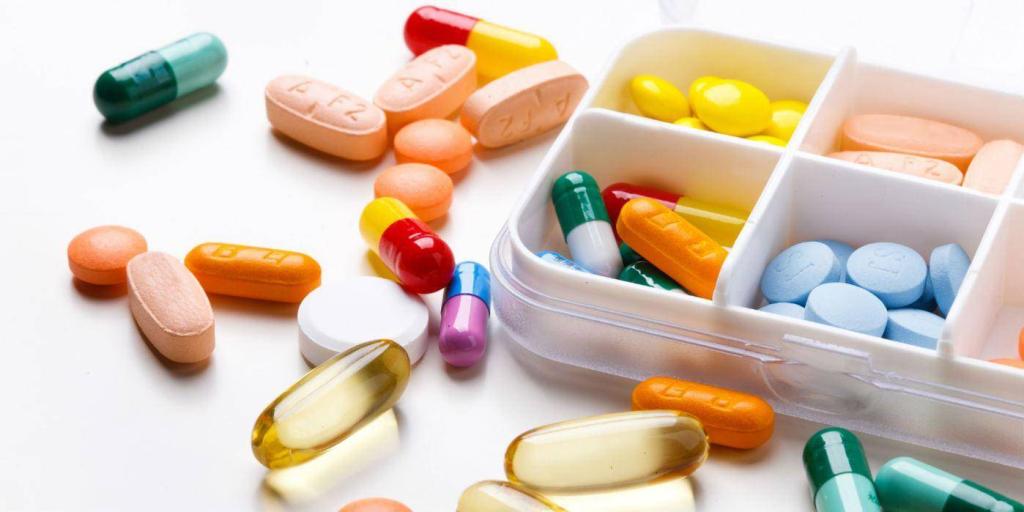Pharmaceutical Grade Phospholipid Wholesale,Precautions for Use
Time:2024-10-14
When using phospholipids, the following safety concerns should be noted:
1. Diet and Dosage
·Balanced Diet: Phospholipids are generally safe when consumed within normal dietary ranges, but excessive intake may lead to increased cholesterol levels, which could trigger cardiovascular diseases. Therefore, a balanced diet should be maintained to avoid overconsumption of any single nutrient.
·Avoid Irritating Foods: When taking phospholipid-based medications (such as phospholipid softgel capsules), it is advisable to avoid spicy foods like chili peppers, as well as cold or raw foods, as these might affect the absorption of the medication.
2. Allergic Reactions
·Allergy Testing: Some individuals may be allergic to phospholipids, so an allergy test should be performed before use to avoid symptoms such as rashes, itching, or difficulty breathing.
·Seek Medical Attention: If an allergic reaction occurs, stop using the product immediately and seek medical attention to prevent the condition from worsening.
3. Drug Interactions
·Avoid Concurrent Use with Anticoagulants: Phospholipid medications may interact with anticoagulant drugs, potentially affecting their efficacy or increasing the risk of adverse reactions. Therefore, concurrent use of phospholipid medications with anticoagulants should be avoided.
·Consult a Doctor: If you are taking other medications, consult a doctor before using phospholipid medications to ensure compatibility between drugs.
4. Use in Special Populations
·Pregnant or Breastfeeding Women and Children: These groups should use phospholipid medications under a doctor's guidance to ensure safety and efficacy.
·Elderly Individuals: As elderly people may have reduced metabolic and excretory functions, special care should be taken with dosage and timing when they use phospholipid medications.
5. Precautions During Use
·Follow Medical Instructions: Phospholipid medications should be used strictly according to medical advice. Do not increase or decrease the dosage on your own.
·Rest and Recovery: Ensure adequate rest and sleep while taking phospholipid medications. Avoid staying up late or overexerting yourself.
·Monitor Adverse Reactions: If noticeable discomfort occurs after using the medication, inform your doctor immediately and take appropriate measures.
6. Storage and Handling
·Store Properly: Phospholipid medications should be stored in a cool, dry place away from direct sunlight and high humidity.
·Prevent Spoilage: Always check the expiration date and storage conditions to avoid using expired or spoiled medications.
When using phospholipids, it is important to pay attention to diet and dosage, allergic reactions, drug interactions, use in special populations, precautions during use, and proper storage and handling. By following these recommendations, you can ensure the safe use of phospholipids and achieve the best possible results.


 CN
CN





